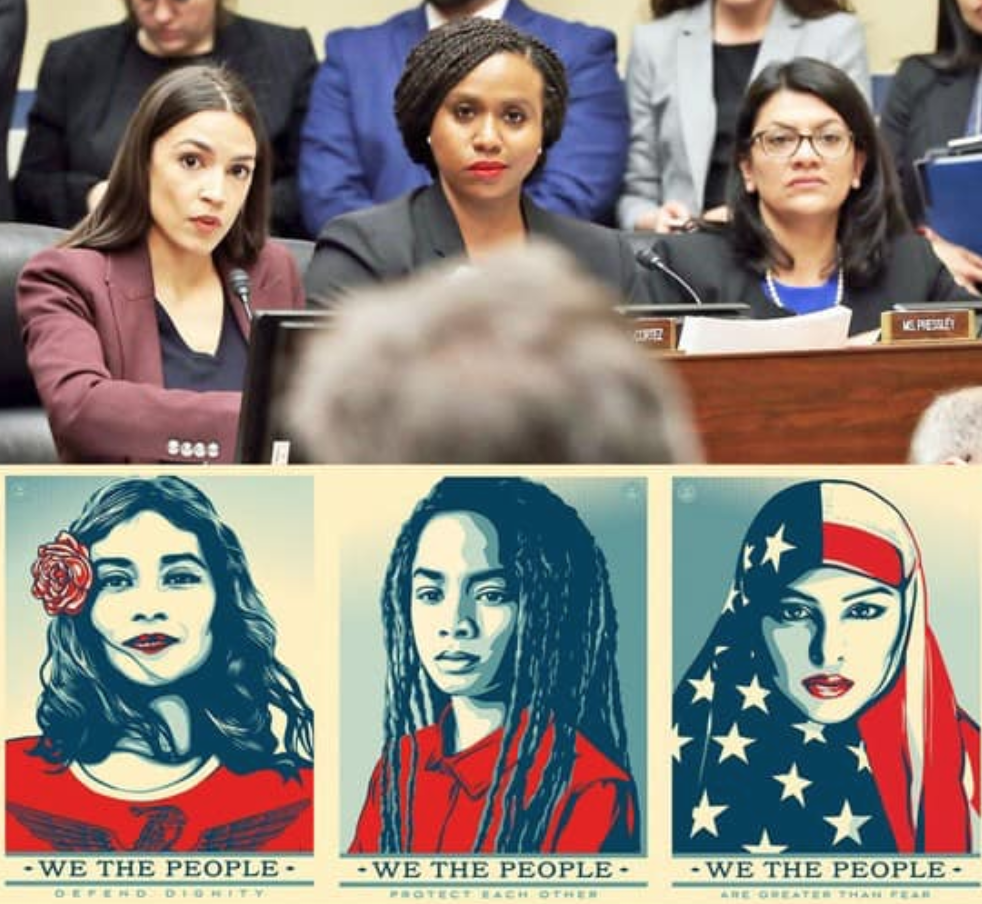Our Statement on International Women’s Day

In 1909, women in New York City first commemorated “National Women’s Day,” a decade before women secured the right to vote. The movement was often confrontation and fractious organizing marches and protests, and driven by grassroots energy. In 1975, The United Nations formally recognized International Women’s Day, as women took the international stage demanding the world recognize that women's rights are human rights. The women’s movement in the United States was in ascendence then, and once again, often confrontational and fractious and driven by grassroots energy.
And today we are in a confrontational and fractious moment full of promise. Our women’s movement today is driven by a human rights vision that centers women from the frontlines fighting injustice. We know gender, race, sexuality, poverty, migration, disability are all inextricably linked in the system of injustice we are fighting and transforming through the day to day work of organizing people, building and taking power, and daring to imagine a different politic for our future.
We also know economic and social rights are central to our fight for gender justice today. Caregivers, mostly women, are filling the gap of our still privatized healthcare system. Women struggle to pick up the slack in communities facing inadequate funding of our schools. Women suffer disproportionately the ever widening sinkhole of poverty into which so many of our people are falling. The lack of power afforded low wage workers means not only that women disproportionately struggle to survive on sub-poverty wages, but also suffer unstable work schedules (despite childcare responsibilities), and abuse and sexual harassment at work is still an invisible epidemic for low-wage workers overall.
Today, we celebrate the women rising up and fighting back. From women taking electoral power; to farmworkers with our partners at Coalition of Immokalee Workers fighting sexual harassment and assault in the fields; to the women leading in the fights for universal, publicly-funded healthcare; the women organizing for transformative justice in our schools and communities as a tool to halt mass incarceration; the women fighting to preserve communities through establishing permanently affordable housing.
Women's rights are indeed human rights, and economic and social rights in particular are the rights that shape women's lives. We are honored to be a part of build a women's movement with the power and resolve to effectively demand economic justice through human rights.
